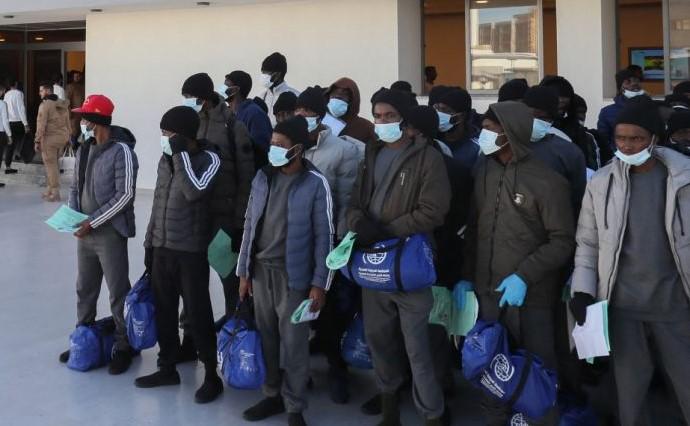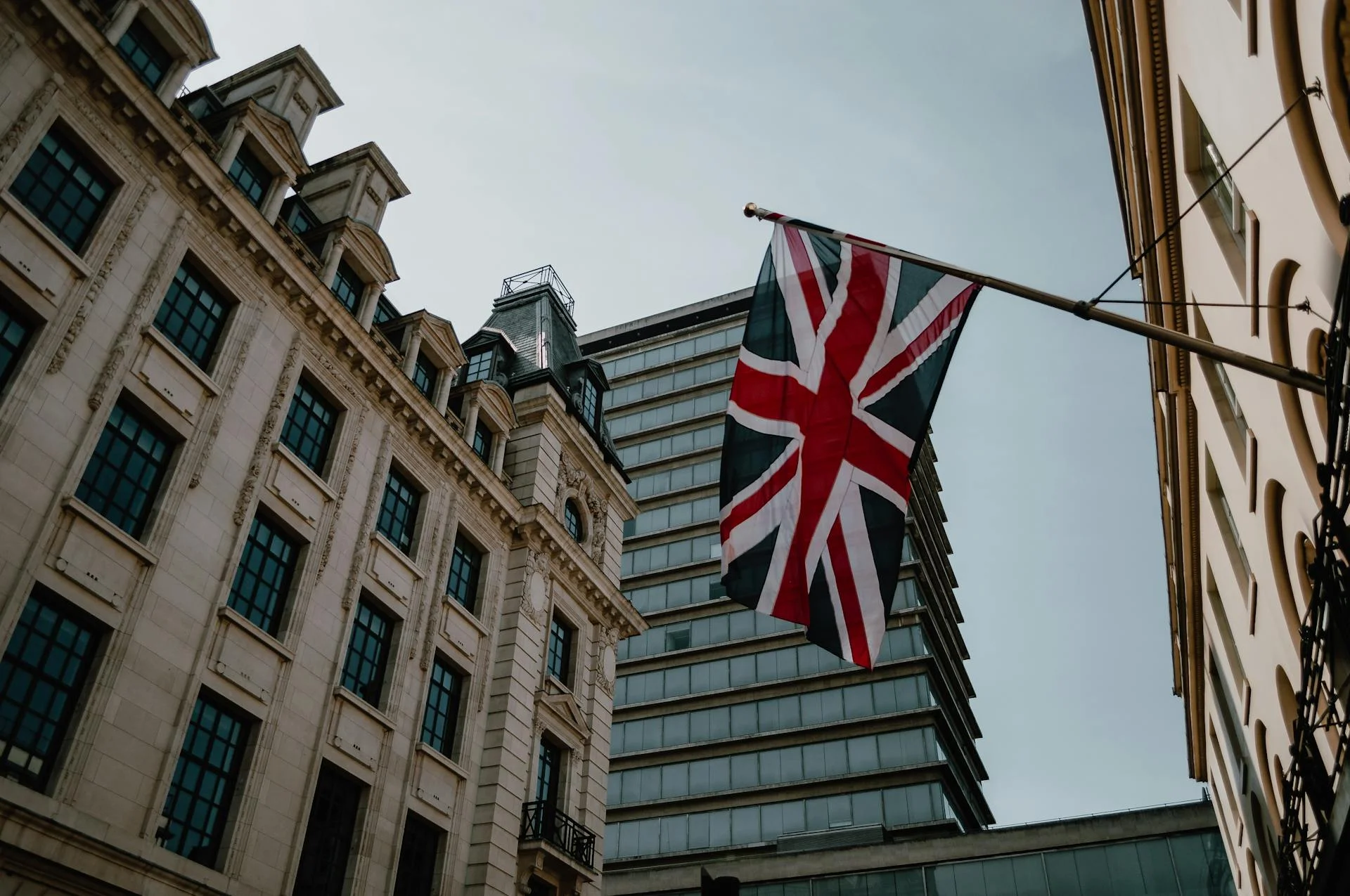As the United Kingdom tightens its immigration screws, Nigerians alongside thousands of Africans may find themselves caught in a tightening loop of reduced visa opportunities, higher education costs, stricter English proficiency requirements, and longer settlement timelines. The May 2025 Technical Annex to the UK’s Immigration White Paper provides a sobering view of what’s ahead: an annual inflow reduction of nearly 100,000 migrants, many of whom come from countries like Nigeria. This policy overhaul will reshape the immigration landscape and inevitably impact African students, workers, and families hoping to build futures in the UK.
Here are ten key takeaways from the technical annex:
Summary Points from the UK Immigration Policy Annex (May 2025):
- Skilled Worker Restrictions:
The UK plans to raise the entry threshold for skilled workers to RQF Level 6 (graduate level), cutting off most lower-skilled roles. Dependants will not be permitted for workers in exempted lower-skilled shortage sectors. Estimated impact: 39,000 fewer migrants annually. - Closure of Social Care Visas:
The UK will stop issuing new care worker and senior care worker visas from abroad. This change alone could lead to 7,000 fewer visas per year, a major blow to Nigerians who dominate the sector. - Graduate Route Shrinkage:
The two-year post-study work visa is being reduced to 18 months, potentially deterring thousands of Nigerian and other African students. Projected impact: 12,000 fewer students and dependants per year. - 6% Tuition Levy:
A new 6% Higher Education levy on international students’ tuition could make studying in the UK significantly more expensive. An estimated 14,000 fewer students annually are expected due to this financial pressure. - Stricter Compliance Metrics:
UK universities must now meet higher compliance metrics. About 12,000 international students may lose their sponsorship opportunities as a result. - Tougher English Language Standards:
The minimum English proficiency for skilled workers is rising from B1 to B2, and for adult dependants of students/workers to A1. Estimated combined effect: 6,000 fewer entrants annually. - Settlement Timeline Extended:
The qualifying period for settlement (permanent residency) has been extended to 10 years, from five. This could lead to 18,000 fewer migrants annually, as many may opt not to wait that long. - Limited Gains for Top Talent:
While the UK seeks to attract the “brightest and best” through high-skill routes like Global Talent, the impact will be modest. Estimated inflow gain: just 3,000 migrants annually. - Behavioural Response Uncertain:
The annex admits high uncertainty about how employers, migrants, and educational institutions will respond. But it suggests that many will be discouraged by the combined weight of these changes. - Total Inflow Reduction: ~98,000 Annually
The UK Home Office expects a net reduction of nearly 100,000 migrants per year due to these changes, drastically shifting migration patterns from Africa to the UK.

What This Means for Nigerians and Africans
With the UK remaining one of the top destinations for African students, healthcare workers, and skilled professionals, these new immigration rules may disproportionately affect Nigeria and similar countries. From the closure of care worker visas (a path heavily used by Nigerians) to the shortened Graduate route and new tuition levies, the message is clear: migration to the UK is about to become far tougher, more expensive, and highly selective.
A significant part of this shift lies in what the UK government calls “restoring control over the immigration system, “a goal that now risks cutting off many Nigerians, Indians and Zimbabweans from long-standing education and work opportunities.


 Trending
Trending 